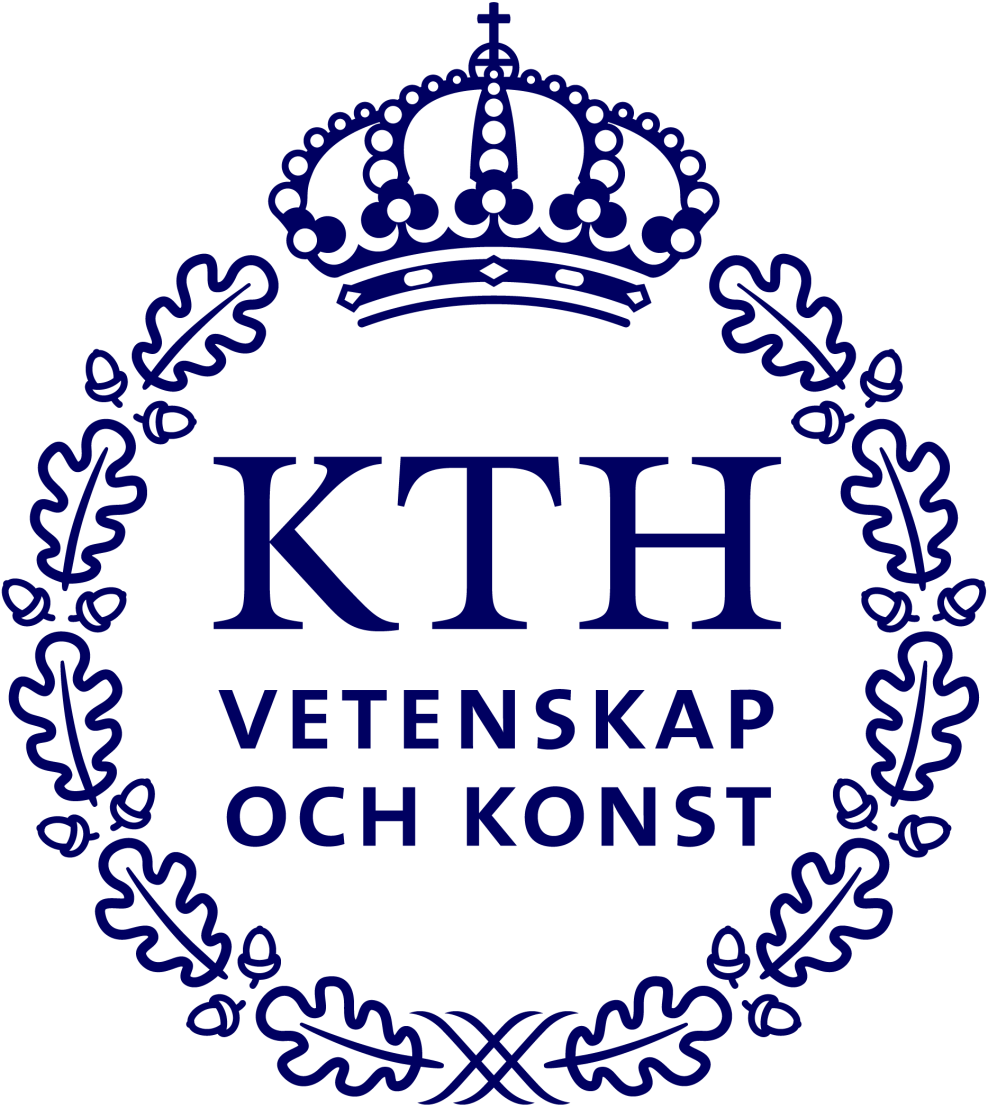Startseminarium Emma Holmberg
Sense the More-than-Human:
A Study of Sensory Exploration Tools for Transformative Urban Planning
Tid: On 2024-05-22 kl 10.30 - 12.00
Plats: Teknikringen 10A: Ångloket Rumsnr 217, plan 2
Språk: Engelska/English
Medverkande: Emma Holmberg, Sofia Wiberg
Emma Holmberg (URS, KTH) presenterar sin forskningsplan under den preliminära rubriken "Sense the More-than-Human: A Study of Sensory Exploration Tools for Transformative Urban Planning".
Abstract:
The Western intellectual tradition has cast a long shadow on urban planning, fostering a view of nature as separate from culture. This framework categorizes human activity as the sole domain of planning, while nature becomes a resource to be either exploited or preserved. However, the flourishing field of "more-than-human planning" challenges this paradigm as it is founded on a humbler understanding of humanity’s position in the world, namely that our existence depends on, and is entangled with, countless of other beings and existences.
While theoretical discussions on more-than-human planning are gaining traction, few examples of how these ideas are translated into practice exist. This project intends to contribute to the development of such examples. The aim of this project is to contribute with tools for an urban planning practice that considers more-than-human beings. The objective is to investigate the transformative potential of sensory experiences in planning. Specifically, it explores how methods that heighten sensory awareness in a place can influence how planners perceive and shape that space in relation to more-than-humans.
This project adopts a practice-led approach, partnering with Huddinge, a growing municipality south of Stockholm. Through collaboration with a core group of approximately 10 planners, the research will involve iterative testing of sensory exploration tools. This group will also serve as a forum for discussing and refining these tools, fostering a co-learning environment that ultimately can contribute to transformative planning practices that consider more-than-human worlds.

